Four Fellows Named for CCI’s Information Integrity Institute
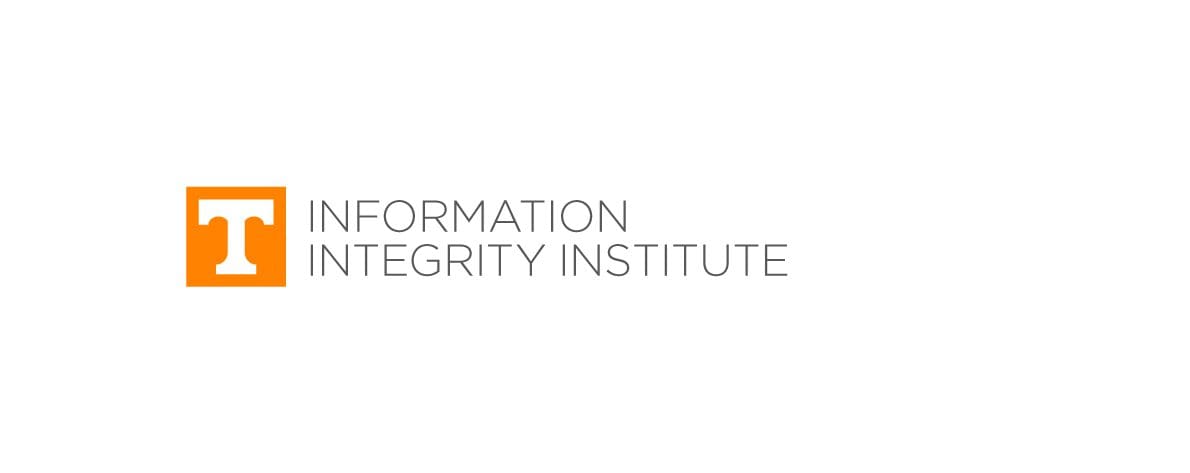
Four inaugural Information Integrity Institute fellows have been selected from among the faculty at the College of Communication and Information, one from each school and all of whom are already conducting research that falls under the institute’s scope:
- Professor Mariea Hoy, Tombras School of Advertising and Public Relations
- Associate Professor Mike Kotowski, School of Communication Studies
- Assistant Professor Ben Horne, School of Information Sciences
- Assistant Professor Martin Riedl, School of Journalism and Media
“I wanted to have representation from the schools and also a mixture of rank from full professor, associate professor, and assistant professor. They’re all involved in research that interconnects in some way with such notions as access to information, authenticity of information, and building trust in information,” said Professor Catherine Luther, director of the Information Integrity Institute.
Moving forward, Luther and the team of fellows will focus on research with potential real-world impact. They have plans to produce whitepapers that will provide accessible research to media members, policymakers, lawmakers, and the general public around topics of information integrity. Another effort they will focus on is fostering collaboration among faculty and doctoral students. Luther said the institute is still in its initial stages and more planning is underway to firm up the goals and work that will be done through it.
“What’s nice is that we’re starting from a blank slate, because that way we can do some really interesting things. While we will first focus on collaboration across the college, we plan to extend the collaboration across campus and even outside of it,” she said.
As for the fellows, each is excited to have been included in the inception of the institute. Luther noted that one of the reasons she chose these four candidates is because they all expressed interest in participating in the institute after its launch was announced last December, before it was even announced that there would be fellows. Here’s a little bit about each of the fellows:
Professor Mariea Hoy
Hoy is the most tenured fellow in the group and brings 40 years of experience researching the intersection of consumer protection and advertising tactics.
“Information integrity is key to ensuring that advertisers provide consumers with truthful, non-misleading information so that consumers can make informed decisions. Specifically, my work over the years has focused on clear and conspicuous advertising disclosures and privacy,” she said.
Hoy envisions her role with the institute is to help create a vision for it that will put it, and the college, on the map.
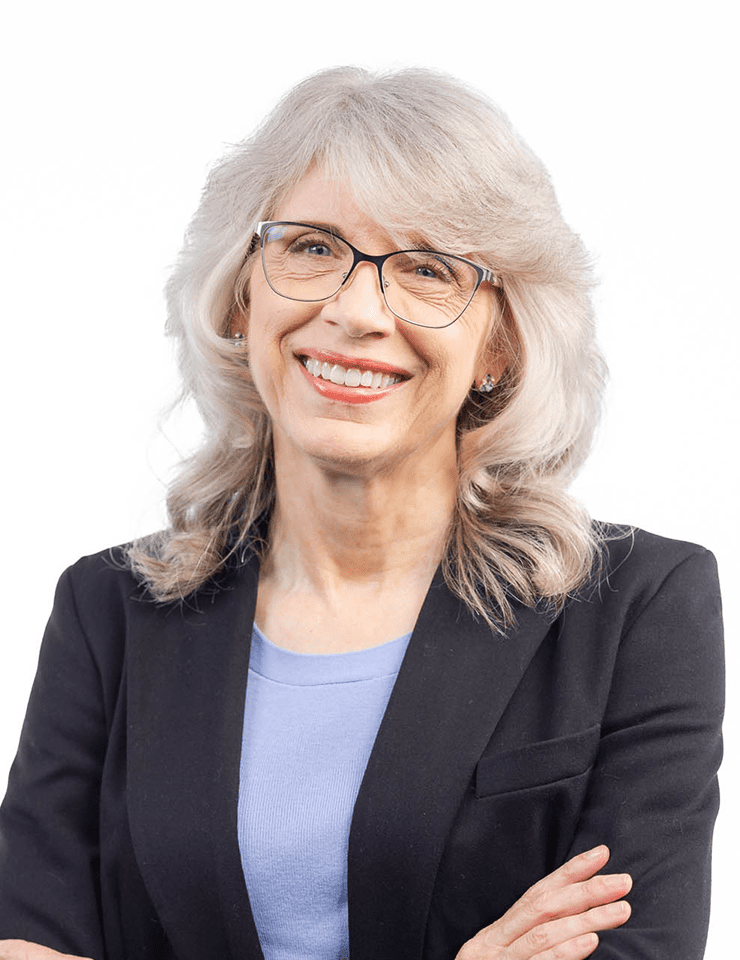
“When scholars, policy makers, journalists and other stakeholders think of ‘information integrity,’ they should think of the University of Tennessee’s College of Communication and Information’s Information Integrity Institute,” she said.
She is also looking forward to the collaboration the institute can build among her colleagues within the Tombras School and CCI, and believes that many faculty and graduate students will find interdisciplinary opportunities for research through that facilitation.
Associate Professor Mike Kotowski
Kotowski’s first thought upon hearing about the institute was, “How do I sign up?” His expertise lies in social influence processes, which is how human beings persuade one another through messages and message processing. He also researches how influencers produce messages. Other areas his research has touched on include deception, deception detection, deception susceptibility, compliance gaining, and susceptibility around pseudo-information.
“When I think of information integrity, there’s fellows whose research expertise focuses on law and policy as it relates to communication, or media, but what I bring is expertise in human communication and human interaction,” he said.
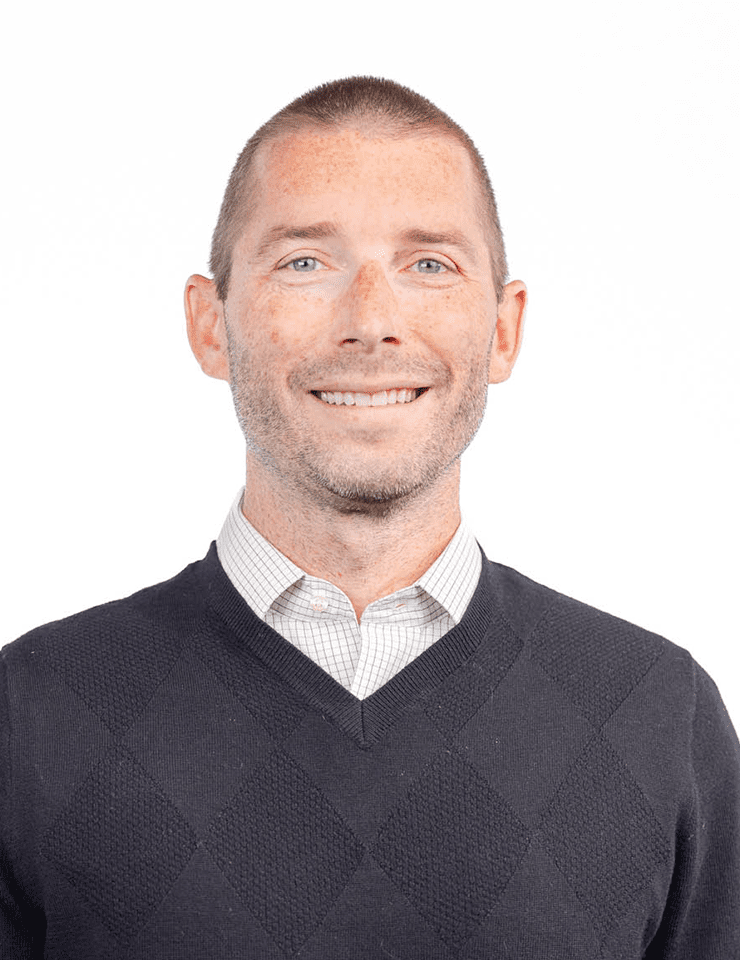
He is particularly excited about the opportunity to work with the other three fellows, each from different disciplines, and believes that together they will make important discoveries around disinformation and information integrity. Like Luther, he’s thrilled to be on the ground floor of the institute and to help shape its future.
“There’s incredible opportunity and there’s room to grow. I think this is a cutting-edge area that we as a college and communication, broadly speaking, can contribute to,” he said.
It also is very timely, he said, as technology continues to advance human capability to connect with each other, and researchers still need a better understanding of the implications that has not just to society, but also to individuals.
Assistant Professor Ben Horne
Horne has already been working on an interdisciplinary team with Luther under an on-going Minerva Grant studying propaganda in Belarus, Ukraine, and Georgia, so his fellowship easily aligned with the core purpose of the institute. His area of research dives into understanding where propaganda originates, how it is produced, and how humans make decisions about that information.
“The thing I like most about being a professor is doing research, so anything focused on doing research, I’ll take an interest in. I am also interested in anything that increases the research footprint of the college,” he said.
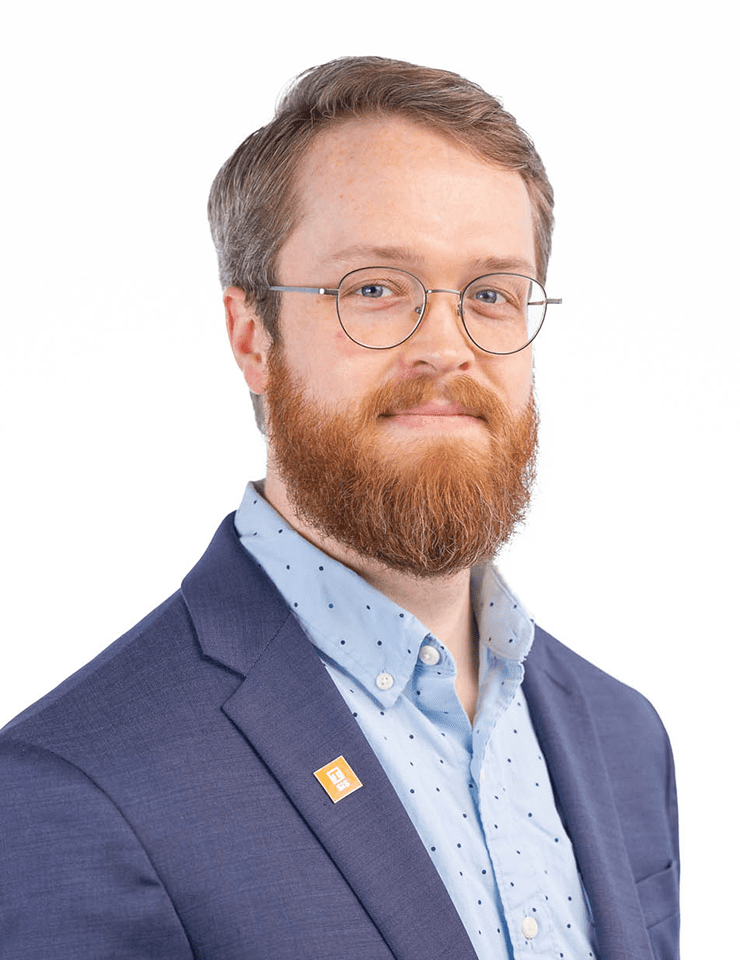
Building a platform where research can be displayed through the college is an exciting opportunity, he said, especially because whitepapers can be produced at a higher speed than journal articles. This allows for timely and relevant research to be disseminated to those who most need it.
“Research centers can build a lot of credibility for a college or school’s research, and we have a lot of opportunity to do that here,” he said.
Assistant Professor Martin Riedl
Riedl is the newest faculty member out of the fellows, as he just joined the School of Journalism and Media this fall. But, he’s no stranger to research centers, as he comes to CCI after being a postdoc in the Propaganda Research Lab at the Center for Media Engagement at the University of Texas at Austin. There, he focused on how messaging and chat apps are used to spread misinformation and disinformation.
“The focus was on these apps because they operate differently than public-facing apps and are hosting smaller group conversations. It’s interesting to see how that challenges platforms in how they can moderate or not moderate that content, what literacy interventions might be necessary, or how community moderation works,” he said.
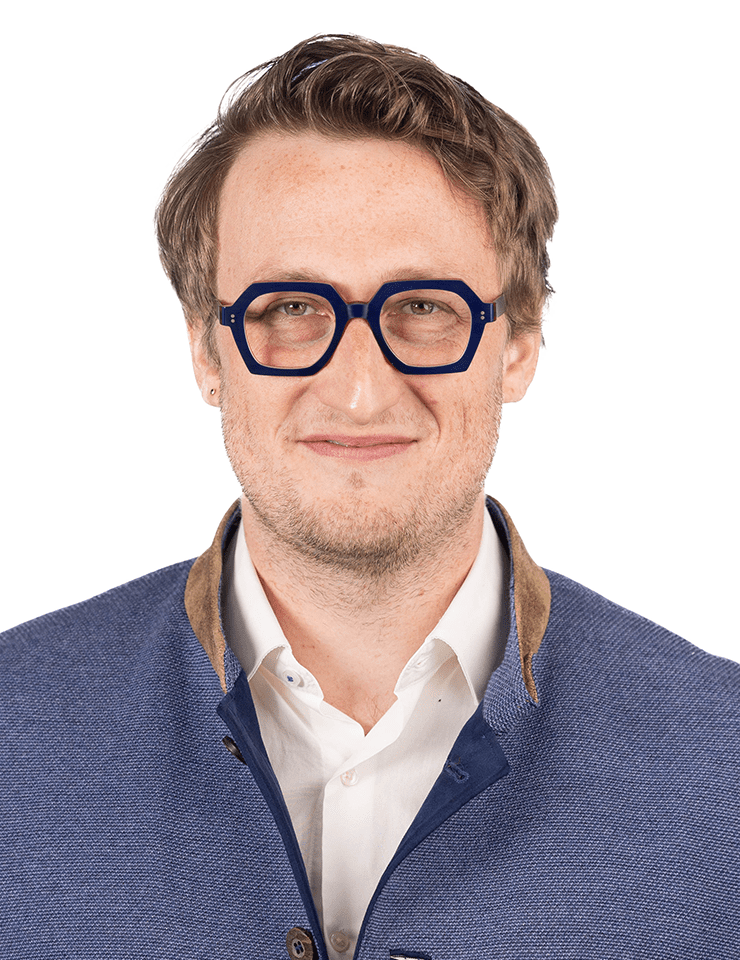
Like the other fellows, Riedl finds appeal in producing research that can make a timely impact on the world. He said a lot of the work he’s done in the past has involved explaining research in ways that are meaningful and accessible to a non-specialist public.
He hopes to merge his research expertise with the other fellows as he’s also familiar with working in interdisciplinary environments, to the point that is his preference.
“My research isn’t exclusive to journalism, but also in communication research in general, so being able to work through and think of big questions with people from other disciplines,” he said.
Four Fellows Named for CCI’s Information Integrity Institute written by Hillary Tune and originally published on the College of Communication & Information site.